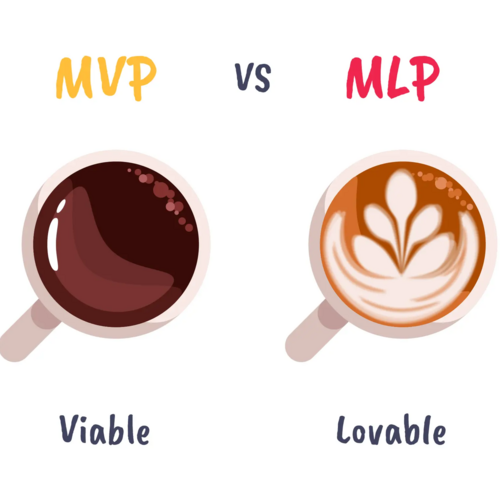Storytelling has become an increasingly important tool in brand positioning, as it allows companies to connect with customers on a deeper level and differentiate themselves in a crowded market. By telling a compelling story about their brand, companies can engage customers, build trust, and, ultimately, drive sales. In this article, we will explore how companies are using storytelling in their brand positioning strategies and provide examples of successful brand storytelling in the tech industry.
Why storytelling matters in brand positioning
Humans are hard-wired to respond to stories. From childhood, we learn through stories, and we use them to make sense of the world around us. This is why storytelling is such a powerful tool in marketing. By telling a story about their brand, companies can create an emotional connection with their customers and make their brand more memorable and relatable.
Storytelling can also help companies to differentiate themselves from their competitors. In a crowded market, where products and services can seem interchangeable, a compelling story can help a company stand out and be remembered. By communicating the values and beliefs that underpin their brand, companies can connect with customers who share those values and create a sense of loyalty and advocacy.
Examples of successful brand storytelling
Tech companies have been at the forefront of using storytelling in their brand positioning strategies. Here are some examples of companies that have successfully used storytelling to differentiate themselves and build strong customer relationships:
- Apple: Apple has long been known for its innovative products and sleek design, but it is the company’s storytelling that has truly set it apart. From the iconic “Think Different” campaign to the emotional “Shot on iPhone” ads, Apple has used storytelling to communicate its values and create an emotional connection with its customers.
- Airbnb: Airbnb has built its brand around the concept of “belonging”, and has used storytelling to communicate this idea to its customers. Through its “Live There” campaign, Airbnb has positioned itself as a company that offers more than just accommodation – it offers a way to experience a destination like a local and to feel like you belong there.
- Tesla: Tesla has used storytelling to position itself as a company that is on a mission to change the world. By communicating its vision of a sustainable future and the role that its products play in achieving that vision, Tesla has built a passionate following of customers who share its values.
How to use storytelling in your brand positioning
If you are looking to use storytelling in your brand positioning, here are some tips to get you started:
- Know your audience: To create a compelling story, you need to understand who you are telling it to. Consider the values and beliefs important to your target audience, and craft a story that speaks to those values.
- Be authentic: Authenticity is key to successful storytelling. Your story should be grounded in reality and should reflect the values and beliefs of your company.
- Be consistent: Your story should be consistent across all your marketing channels, from your website to your social media profiles. This will help to reinforce your brand positioning and create a sense of continuity for your customers.
- Use emotion: Emotion is a powerful tool in storytelling. By tapping into the emotions of your audience, you can create a connection that goes beyond the rational features of your product or service.
Conclusion
Storytelling is a powerful tool in brand positioning and can help companies to differentiate themselves in a crowded market, build customer loyalty, and ultimately drive sales. By understanding the values and beliefs that underpin their brand and crafting a compelling story that speaks to those values, companies can create an emotional connection with their customers and stand out from the competition. Tech companies like Apple, Airbnb, and Tesla are excellent examples of brands that have leveraged storytelling to build powerful brands and connect with their audience. By understanding the power of storytelling, companies can take their brand positioning to the next level and create a lasting impact.




